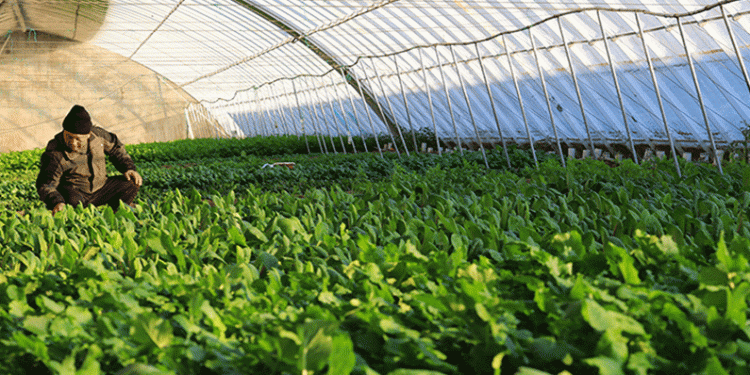In the arid yet resourceful landscapes of Xinjiang, Altay City has emerged as a beacon of innovation in modern agriculture. Through the implementation of intelligent greenhouse systems, farmers are cultivating high-quality vegetables throughout the year. These advancements not only address food security challenges but also strengthen the agricultural value chain, driving rural prosperity.
The Role of Intelligent Greenhouses
Smart greenhouses, such as those in the Jilin Aid to Xinjiang Modern Agriculture Expo Park, use cutting-edge technologies like automated climate control, IoT sensors, and precision irrigation. These facilities provide optimal conditions for crops regardless of external weather conditions, ensuring continuous production.
Recent reports from China highlight that intelligent greenhouse systems can increase crop yields by up to 30% and reduce water consumption by 50% compared to traditional open-field farming. Altay’s greenhouses are no exception, producing premium vegetables such as tomatoes, cucumbers, and peppers, which are in high demand across the region.
Economic and Social Impact
This shift towards smart agriculture has had transformative effects:
- Higher Farmer Incomes: By producing high-value crops year-round, farmers earn stable and increased incomes. In 2023, vegetable production in Altay’s greenhouses contributed to a 25% rise in agricultural revenue for participating farmers.
- Job Creation: These operations create new roles, such as technicians for maintaining advanced systems, reducing rural unemployment.
- Boost to Rural Revitalization: The integration of production, processing, and agritourism has helped diversify the local economy.
Sustainability and Food Security
Altay’s initiatives align with China’s broader goals for sustainable development. By reducing reliance on seasonal farming and imports, smart greenhouses contribute to food self-sufficiency. Moreover, they minimize the environmental footprint through resource-efficient practices.
Altay City’s embrace of intelligent greenhouse systems exemplifies the potential of smart agriculture in addressing contemporary challenges. These innovations not only improve food security but also foster economic growth and social development in rural areas. As more regions adopt similar strategies, they pave the way for a sustainable and prosperous agricultural future.












